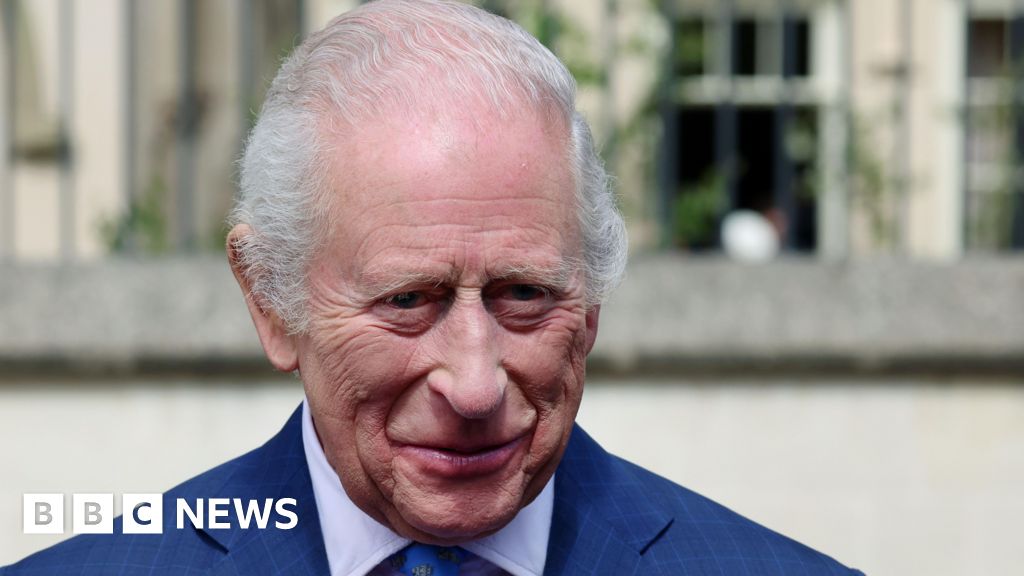Revolutionary MRI Technique Reveals Your Heart's 'True Age'
Scientists from the University of East Anglia (UEA) have unveiled a groundbreaking method to determine the 'true age' of a person's heart using advanced MRI technology. Their research, published today, highlights how MRI scans can unveil the functional age of an individuals heart, providing vital insights into the potential effects of unhealthy lifestyles that can accelerate this age significantly.
This innovative technique holds the promise of transforming the diagnosis of heart disease, potentially offering a crucial lifeline to millions at risk by identifying issues before they escalate into life-threatening conditions. Lead researcher Dr. Pankaj Garg, associated with UEA's Norwich Medical School and serving as a consultant cardiologist at the Norfolk and Norwich University Hospital, described the research as a "game changer." He stated, Imagine discovering that your heart is 'older' than you are. This scenario is common among individuals suffering from conditions such as high blood pressure, diabetes, or obesity.
Dr. Garg elaborated, Our new MRI approach goes beyond merely counting the years; it assesses how well your heart is functioning. The research team, spearheaded by UEA, partnered with medical facilities across the UK, Spain, and Singapore to gather comprehensive data. They analyzed MRI scans from 557 individuals, comprising 191 healthy subjects and 366 patients with various cardiovascular risk factors including high blood pressure, diabetes, and obesity.
Utilizing advanced imaging techniques, the researchers measured critical parameters, such as the size and strength of the hearts chambers, and subsequently developed a formula to ascertain the heart's 'functional age.' This innovative approach was rigorously tested against the metrics of healthy hearts to ensure its accuracy.
Dr. Garg stated, We discovered that an MRI scan can effectively reveal your heart's functional age meaning how well it operates, rather than simply reflecting your chronological age. In our observations, we noted that healthy individuals exhibited a functional heart age that closely matched their actual age. However, for patients grappling with diabetes, hypertension, obesity, or atrial fibrillation, their functional heart age was often significantly elevated.
He provided a striking example: A 50-year-old individual with high blood pressure might have a heart functioning as if it were 55 years old. Those with chronic health conditions may find that their hearts are aging at an accelerated rate sometimes by decades. This groundbreaking revelation could empower doctors to intervene early, effectively halting the progression of heart disease.
Dr. Garg emphasized the importance of this methodology, stating, This is a pivotal development for promoting healthier, longer-lasting hearts. Heart disease ranks among the leading global causes of mortality. Our MRI technique equips healthcare professionals with an unprecedented tool to gain deeper insight into heart health, enabling them to detect potential problems at an early stage even before symptoms manifest.
By understanding the true age of their hearts, patients can receive tailored advice or treatments aimed at slowing down the aging process of their hearts, thereby significantly reducing the risks of heart attacks or strokes. Additionally, this knowledge may serve as a wake-up call, encouraging individuals to take proactive measures in their health journeysuch as adopting healthier eating habits, increasing physical activity, or adhering more closely to their healthcare provider's recommendations. Its about providing individuals with a fighting chance against heart disease, he concluded.
PhD student Hosam Assadi, also from UEAs Norwich Medical School, expressed enthusiasm regarding the potential of this MRI technique to impact lives positively. He noted, Its exhilarating to realize how this MRI methodology could transform lives. Weve developed a means to identify hearts that are aging excessively fast, which could allow for timely interventions to rectify potential issues. I aspire for this technique to become a standard part of routine heart check-ups in the future.
This important research initiative was conducted under the leadership of UEA in collaboration with several esteemed institutions, including the Norfolk and Norwich University Hospitals NHS Foundation Trust, the National Heart Research Institute Singapore, the University of Sheffield, and others. Funding for this promising study was generously provided by Wellcome, ensuring its depth and breadth in exploring this crucial aspect of heart health.











